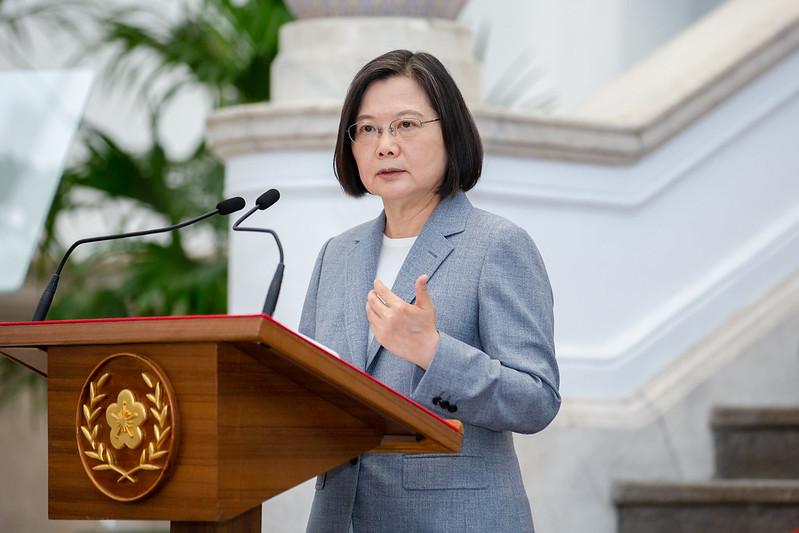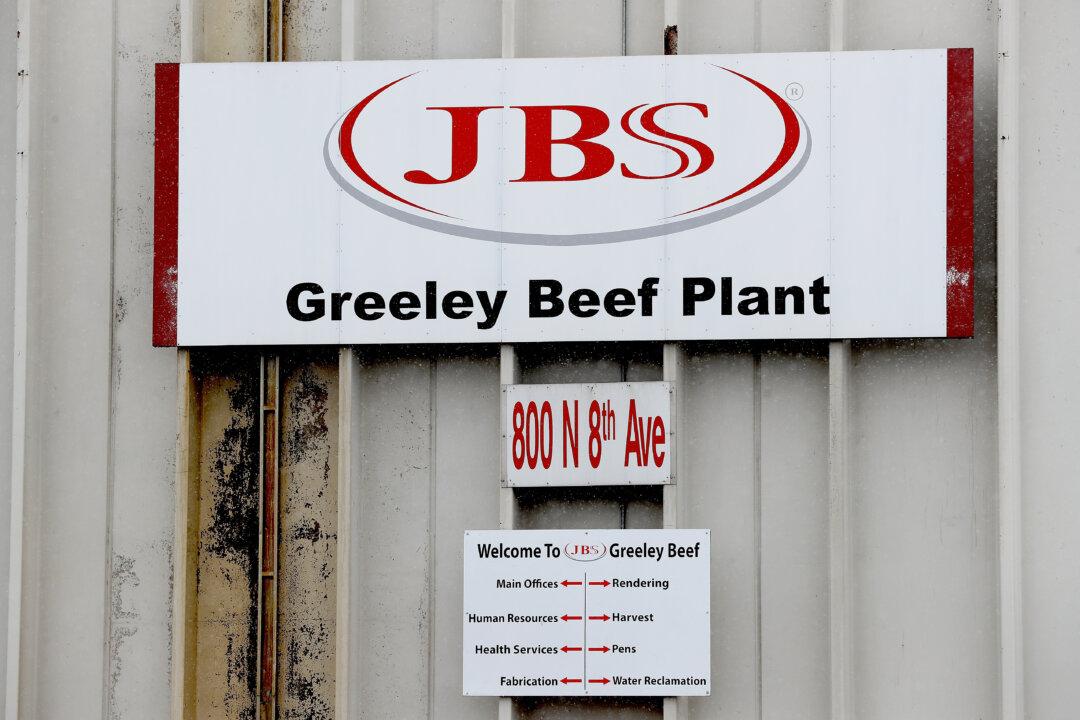Taiwanese President Tsai Ing-wen announced Friday that she has instructed her government ministries to relax restrictions on imports of American Beef and Pork—a move she said was consistent with Taiwan’s “overall national interests and future strategic development goals.”
Tsai said in a statement that, following a comprehensive assessment, Taiwan will ease restrictions on imports of U.S. beef from cattle aged 30 months or older.





